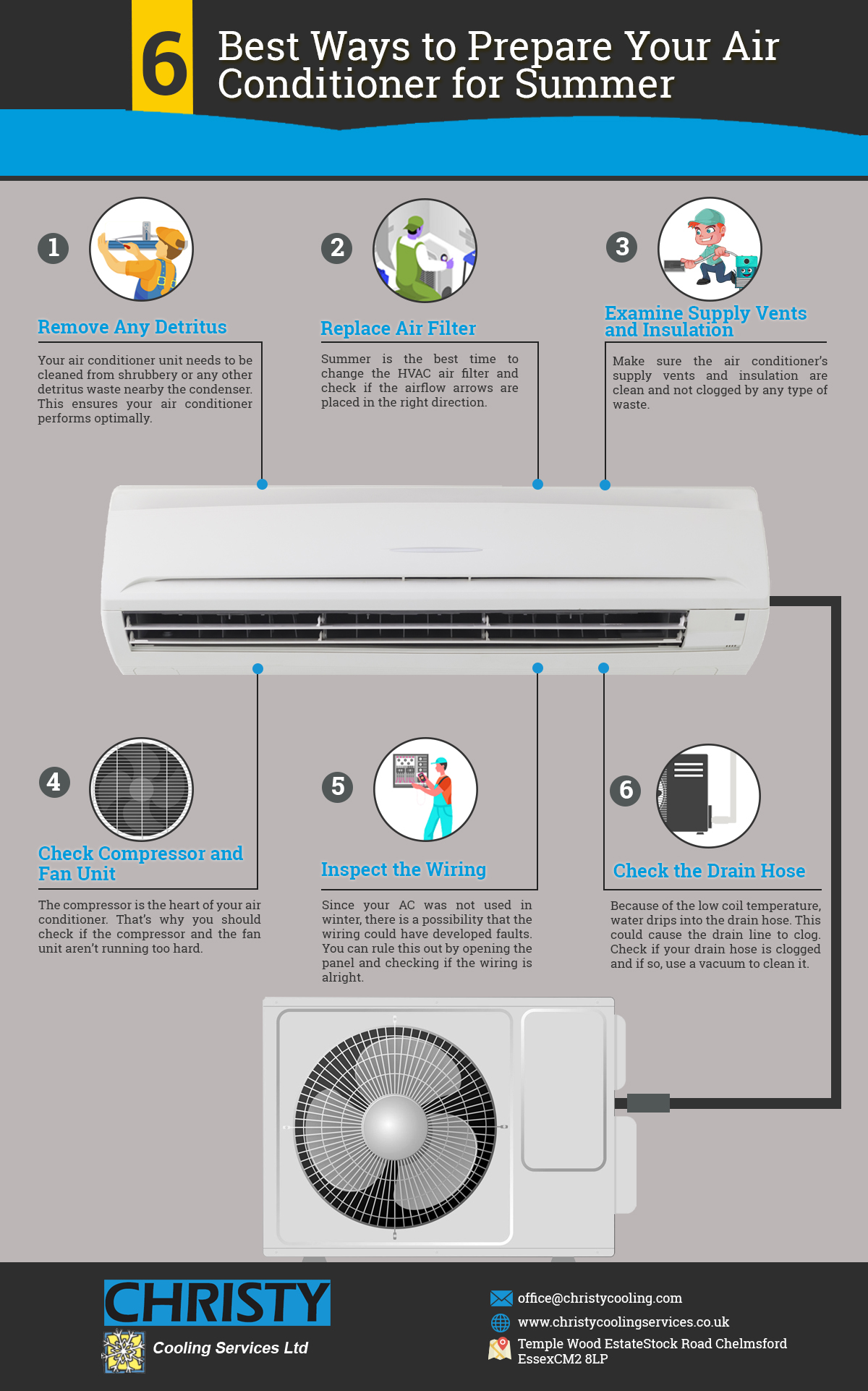Heatpump Vs Furnace - Which Is The Better Heating Choice For Your Home?
Heatpump Vs Furnace - Which Is The Better Heating Choice For Your Home?
Blog Article
Web Content Writer-Huynh Mosegaard
Many house owners know with heaters, which warm homes with oil or gas and push hot air via ductwork. They are relatively affordable and can give reputable home heating even during a winter months power interruption.
However, they make use of nonrenewable fuel sources and create carbon monoxide and various other air contamination. They also aren't as energy-efficient as a high-efficiency heatpump.
Expense
Typically, heat pumps are much more inexpensive to operate than heaters. They normally use power and cooling agent to remove warm from outside air, and after that transfer it into your home. You can make use of less costly electrical power rates during off-peak hours to even more lower your heating expenses.
Unlike heat pumps, gas or wood-burning heating systems use burning to generate warm, releasing flue gases right into the environment that can be hazardous to your health and wellness. These heaters are likewise much less energy-efficient than heat pumps, and their higher operating costs can add up with time.
Heating systems are a lot more challenging than heat pumps and need regular maintenance to make certain the appropriate feature of all components. Regardless of this, they have a tendency to last longer than heat pumps with a normal life-span of 20 years or even more. Nevertheless, you'll require to consider the price of gas, fuel oil or wood and the extra equipment needed for setup and operation such as air ducts and air flow systems.
Power Effectiveness
Heat pumps have a greater power performance rating than heaters. These systems make use of electrical power to feed on warm from the air, also in freezing temperatures. They can likewise get rid of excess warmth from the home during warmer months and recycle it to cool down the system. please click the following post can aid you figure out the most effective version for your home based on climate and resource energy costs.
Heating systems melt fuel oil, gas, natural gas or other types of nonrenewable fuel source to warm the air in the home. This air is after that spread through ductwork making use of a big follower. Heating systems create greenhouse gases and need routine maintenance and equipment upgrades to make certain risk-free operation.
The largest advantage of a heating system is that it can be run also in harsh winter months problems because it does not count on exterior temperatures to heat the air. Heating systems additionally have a longer lifespan than heat pumps and generally last 15 years. They can additionally be paired with dual fuel options, which choose the most effective home heating choice based on the climate.
Environment
Heatpump work well in modest climates and use much less resource power than heaters. However, if your area is incredibly cool, you may need to buy a standard gas heater instead.
Heating systems offer cozy, cozy heat and usually supply rapid heating to increase indoor temperatures. These systems can be utilized with a variety of fuel types, consisting of natural gas, gas, oil or electricity.
They take in a lot more power than heatpump-- as much as 3x as much-- and require ductwork that's expensive to set up or retrofit. They're also much more costly to keep, as they can trigger air high quality concerns and produce greenhouse gas emissions.
If you're devoted to reducing your carbon impact, a heat pump is a good selection for your home. They have fewer greenhouse gas exhausts than furnaces, especially if you select a power CELEBRITY ® heat pump. Your neighborhood copyright expert can describe the distinctions in between these two heating unit and assist you make the most effective choice for your distinct requirements.
Personal Preferences
Heating systems can be extremely energy reliable when powered by gas, lp or oil, yet they aren't as power effective as heat pumps in icy environments. They can also be more expensive to set up, calling for gas lines and air flow systems.
Nevertheless, heating systems tend to require less upkeep, which can cause lower ongoing expenses. They create fewer greenhouse gases and are more reliable than heat pumps during extreme climate.
Electric heatpump are a lot more flexible in producing interior convenience since they can additionally function as air conditioners during warmer months. They can be more convenient to keep, requiring only routine air filter changes and occasional vacuuming.
If you like the ease of a single system that does it all, think about a hybrid heating solution that pairs a heating system with an electrical heatpump. These systems can automatically switch over in between the two home heating options based on your home's demands and temperature level conditions, making best use of efficiency and savings.